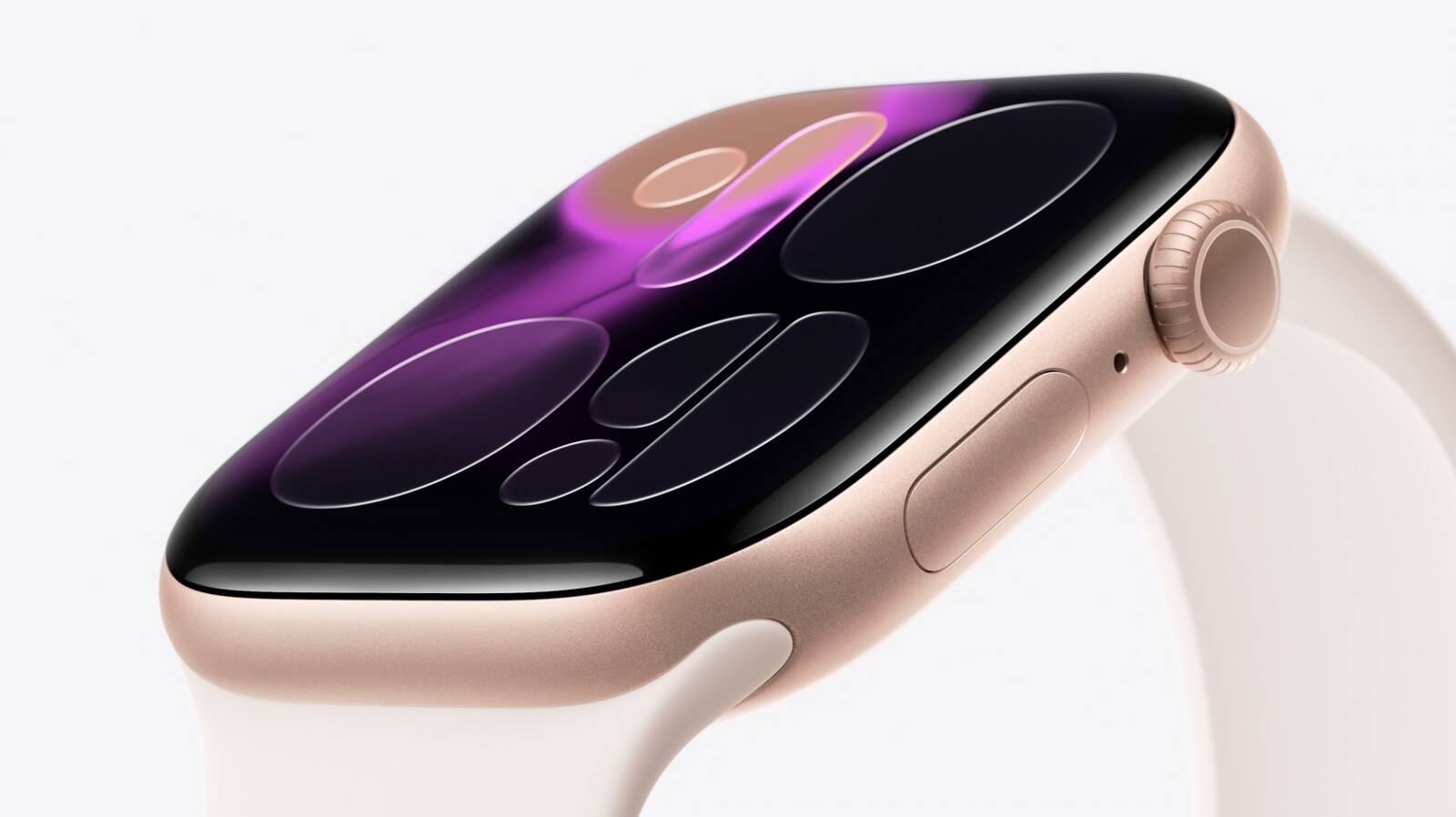
Apple's claim that the Apple Watch Series 11 offers 24 hours of battery life has drawn scrutiny as closer examination of Apple's own testing data reveals that the increase from the Series 10's 18-hour rating is largely attributable to changes in testing methodology rather than a major hardware change.

Apple lists the Apple Watch Series 11 as capable of lasting up to 24 hours on a single charge, a notable increase over the Series 10's 18-hour claim, which had been the company's published standard since the launch of the original Apple Watch in 2015.
As spotted by a user on the MacRumors forums, the primary difference between the two test scenarios in Apple's official documentation is the inclusion of sleep tracking in the Series 11's evaluation. Apple states that the 24-hour figure is based on 300 time checks, 90 notifications, 15 minutes of app use, a 60-minute workout with music playback, and six hours of sleep tracking. The comparable Series 10 test lists the same parameters but does not include sleep tracking.
While Apple does not break down the exact battery drain of each activity, sleep tracking is generally a low-power feature, allowing older Apple Watch models to be worn overnight without fully depleting their charge. Many users have pointed out that Apple Watches have long exceeded the company's stated 18-hour battery life in real-world use, with most users comfortably achieving overnight tracking. This suggests that the six-hour increase is primarily a result of Apple adding sleep tracking to its official scenario, rather than a significant increase in real-world battery life.
Apple also publishes Low Power Mode battery life estimates, which further demonstrate only modest changes. The Series 11 is rated for 38 hours of battery life in Low Power Mode, compared to the Series 10's 36-hour rating. Here, Apple's footnotes indicate that the Series 11 test used lower levels of activity: 530 time checks, 160 notifications, and 26 minutes of app usage, versus 600 time checks, 180 notifications, and 30 minutes of app use for the Series 10. Both tests included a 60-minute workout and six hours of sleep tracking. The reduced activity assumptions make it difficult to directly compare figures, but even Apple's own hourly calculation achieves only an approximate 8% improvement.
The Apple Watch Series 11 does feature slightly larger batteries across its range of case sizes. According to official safety documentation, battery capacities for Series 11 models range from 1.245 to 1.403 watt-hours, depending on case size, compared to 1.118 to 1.266 watt-hours for Series 10 models. This represents a roughly 7% to 10% increase in capacity, far less than the 33% jump implied by Apple's move from an 18-hour to a 24-hour claim.
Article Link: Apple Watch Series 11's Increased 24-Hour Battery Life Has a Catch

